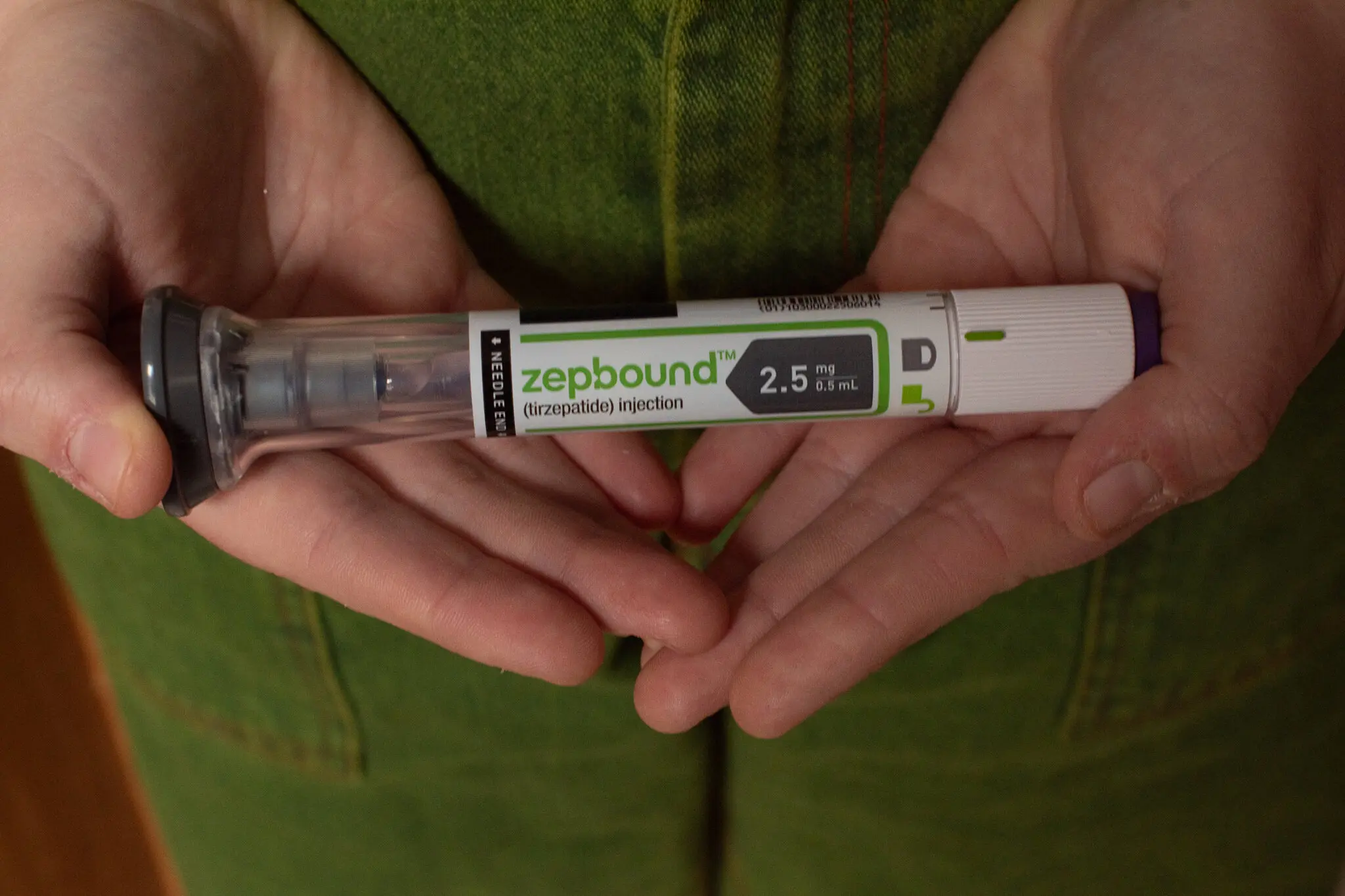A couple of highlights from around the web that made it into our feeds this week.
What Trump’s New Drug Pricing Deal Means for People with Obesity
Obesity care continues to sit at the crossroads of medicine, policy, and moral judgment—and this latest pricing deal underscores just how fraught that terrain remains. The Trump administration announced new direct-to-consumer price structures for medications like Wegovy and Zepbound, with some monthly costs dropping significantly, especially for people paying out of pocket. There are also new Medicare coverage pathways for patients with obesity and certain health conditions, plus a separate track for future oral GLP-1 pills that may come to market soon. But as ever, eligibility is complicated; the “sticker price” isn’t the full story, and coverage depends heavily on insurance, state policy, and individual medical history. The article does a good job walking through those nuances without losing sight of the bigger picture: the U.S. is slowly shifting toward recognizing obesity as a chronic medical condition that deserves treatment, not blame. (from nytimes.com)
The Case That A.I. Is Thinking
A clear-eyed case for taking today’s A.I. seriously without surrendering to prophecy, threading a needle between hype and dismissal. Even if timelines for superintelligence feel sci-fi, it’s hard to ignore models that can debug thousands of lines of code, reason across images and text, and appear to grasp context. The piece walks through why that is while holding room for doubt about what remains missing—embodied learning, common sense, the slow, durable rewiring humans do over time. It’s a thoughtful, unsettling read that lands in the middle: the future isn’t evenly distributed, but it’s already here in places, so the work now is to stay curious, rigorous, and very human about what we build next. (from newyorker.com)
Pediatricians Can’t Bear These Costs
This piece lays bare how fragile the economics of routine childhood vaccination already were, and how quickly they can unravel when national policy sows doubt. Pediatrics is a low-margin field built on trust, time, and preventive care; vaccines don’t enrich most practices so much as they keep children well and communities safe. The current administration’s anti-vaccine rhetoric and ACIP reshuffling have destabilized that foundation, pushing some pediatricians to delay orders, stock fewer doses, or absorb losses they can’t sustain. The result is a slow, quiet erosion: longer visits spent countering misinformation, vaccine schedules splintered into bespoke plans, clinics stretched thinner, and a workforce already in shortage facing burnout. It’s a reminder that public health isn’t just science; it’s infrastructure, confidence, and the willingness to invest in care before crisis. (from theatlantic.com)

